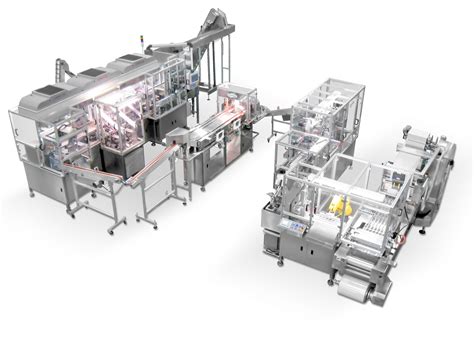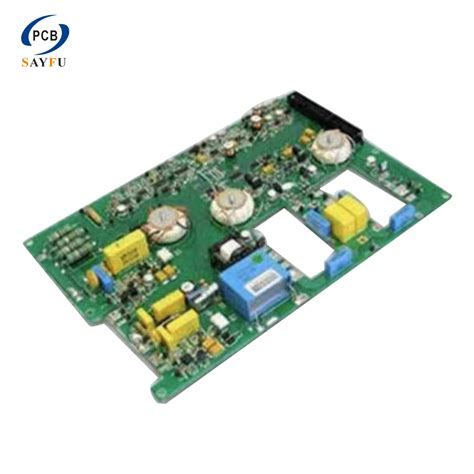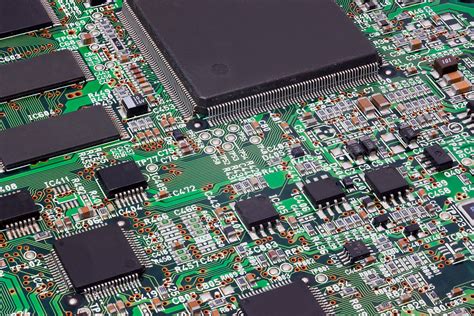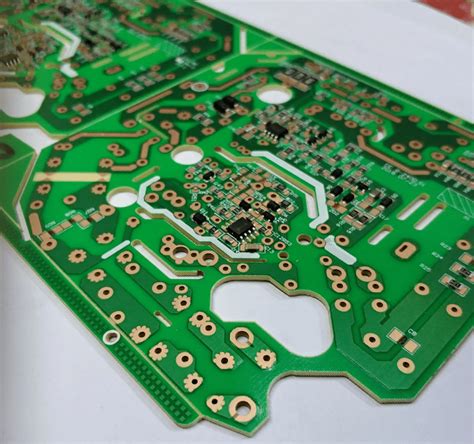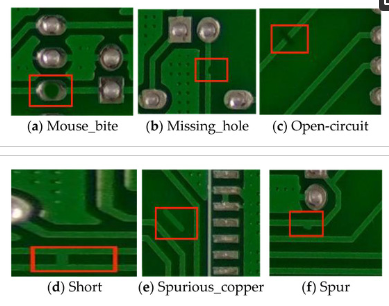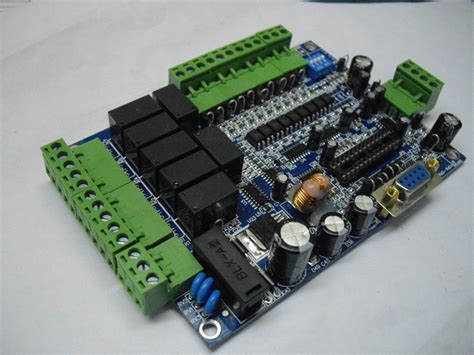Streamlining Success with Turn Key Assembly Solutions
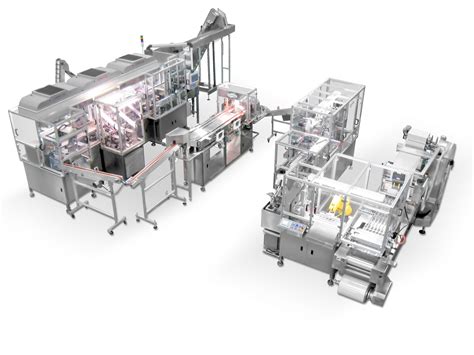
Key Takeaways
Understanding turn key assembly encompasses recognizing its pivotal role in modern manufacturing landscapes. As industries strive for competitive advantages, the significance of turn key assembly solutions cannot be overstated. These solutions provide a comprehensive approach, combining design, manufacturing, and logistics into a seamless process. Particularly in areas such as pcb assembly and pcba, the benefits become evident; manufacturers can enhance operational efficiency and reduce time to market. Through streamlined processes, companies can minimize waste and reduce handling times, which contributes to overall productivity. The adoption of such integrated solutions not only leads to savings but also fosters innovation by allowing organizations to redirect resources towards research and development. In the rapidly evolving manufacturing environment, companies that leverage turn key assembly effectively position themselves for future success, ensuring their operations meet ever-changing market demands.
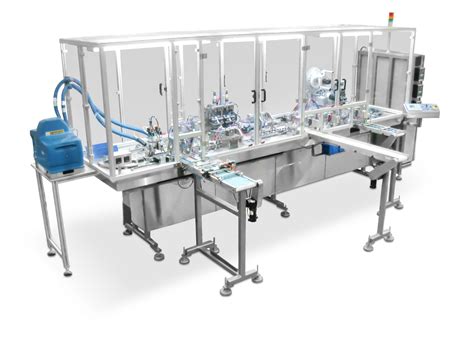
Understanding Turn Key Assembly: Definition and Importance
Turn key assembly refers to the comprehensive service provided by manufacturers or contractors that delivers a complete assembly solution, ready for deployment. This term signifies that the entire process—from design to production and final assembly—is managed entirely by one provider, allowing businesses to focus on their core operations without being bogged down by the intricacies of manufacturing logistics. The importance of turn key assembly cannot be overstated; it offers a seamless experience where businesses can expect streamlined workflows and reduced management burden. In sectors like electronics, for instance, pcb assembly and pcba services exemplify how businesses can benefit from an all-in-one solution that minimizes the complexity of managing multiple vendors and ensures high-quality outputs.
"A well-chosen turn key assembly partner can transform not just your production line, but your entire operational strategy."
By integrating processes effectively, companies not only enhance operational efficiency but also reduce time-to-market for new products. The customization offered in turn key assembly solutions can cater to various industries, enabling tailored approaches that meet specific manufacturing needs. As market demands evolve rapidly, the adaptability afforded by these comprehensive solutions becomes crucial in maintaining competitive advantage and fostering innovation. Importantly, investing in turn key assembly options supports scalability—businesses can easily ramp up their production without the daunting task of orchestrating myriad components themselves. This synthesis between efficiency and quality fosters an environment where industrial productivity can thrive.
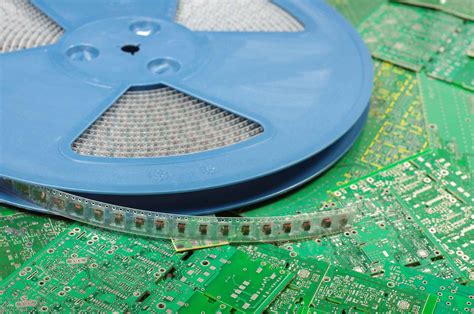
Key Benefits of Turn Key Assembly Solutions in Manufacturing
Turn key assembly solutions offer innovative and efficient approaches to modern manufacturing processes. By integrating several components into a singular, cohesive system, these solutions streamline operations significantly. For instance, when dealing with pcb assembly or pcba, manufacturers benefit from a reduction in lead times and simplified logistics. This holistic management of resources allows for enhanced focus on core competencies while minimizing waste and downtime.
One of the key benefits of implementing turn key assembly is the increased productivity that is often observed. This efficiency stems from the elimination of redundancies within the manufacturing process. As illustrated in Table 1, companies adopting these solutions report substantial improvements in their operational timelines compared to those that manage assembly in a more fragmented manner.
| Benefit | Traditional Assembly | Turn Key Assembly |
|---|---|---|
| Average Lead Time (Days) | 15 | 7 |
| Labor Cost (Percentage) | 30% | 15% |
| Setup Time (Hours) | 10 | 3 |
With turn key assembly, manufacturers also enjoy significant cost savings due to economies of scale and reduced overheads. By consolidating the number of suppliers and integrating processes, companies can negotiate better rates and optimize their supply chain management. Additionally, less complexity results in fewer points of failure, thus driving down costs associated with defects or delays.
In summary, turn key assembly solutions not only enhance operational efficiency but also foster an environment where potential savings can be realized through focused management practices. As such, businesses across various industries increasingly recognize the importance of these systems in achieving sustained growth and competitive advantage.

Streamlined Processes: How Turn Key Assembly Enhances Efficiency
The implementation of turn key assembly solutions is pivotal in optimizing operational workflows, particularly in sectors reliant on pcb assembly and pcba processes. By integrating all components and services into a single, cohesive system, businesses can experience a significant reduction in lead times and maximize output efficiency. This streamlined approach minimizes the fragmentation often associated with traditional manufacturing methods, enabling teams to focus more on core competencies rather than on managing multiple suppliers or logistical challenges. Additionally, the orchestration of design, production, and assembly in a turn key format allows for enhanced quality control measures. As a result, companies can maintain rigorous standards throughout the manufacturing process without sacrificing speed or productivity. The holistic view of operations provided by these solutions leads to fewer bottlenecks and an agile response to market demands. Ultimately, companies adopting turn key assembly are better positioned to innovate and meet customer expectations swiftly, reinforcing their competitive advantage in the dynamic landscape of manufacturing.
Cost Savings Through Turn Key Assembly Implementation
Implementing turn key assembly solutions can lead to significant cost savings for manufacturers. By integrating the entire production process into a single, cohesive operation, companies can reduce the complexities associated with traditional manufacturing methods. This streamlined approach mitigates the need for multiple suppliers or disparate processes, resulting in lower overhead costs. For instance, in pcb assembly, the consolidation of design, materials, and manufacturing under one roof can minimize delays and waste. As a result, organizations often find that their expenses associated with inventory management and procurement are drastically reduced. Additionally, pcba solutions leverage advanced technologies that optimize production timelines and enhance quality control measures. This not only speeds up time-to-market for products but also ensures that resources are utilized more efficiently. Furthermore, by fostering deeper partnerships across industries through turn key assembly, businesses can share insights and innovations that contribute to ongoing cost reductions and improved operational efficiency. Ultimately, the investment in turn key assembly is not just about immediate monetary savings; it also positions companies for sustainable growth in an increasingly competitive landscape.
Real-World Success Stories of Turn Key Assembly Across Industries
The influence of turn key assembly solutions is not just theoretical; numerous industries have successfully adopted these methodologies, leading to remarkable improvements. In the realm of pcb assembly and pcba, companies have reported significant advancements in operational efficiency. For instance, a technology firm that transitioned to a turn key assembly model saw their production time cut in half. By utilizing integrated processes and automated systems, they reduced errors and enhanced product quality, making their pcba output not only faster but also aligned with industry standards. Similarly, a consumer electronics manufacturer integrated turn key assembly into their workflow, which led to streamlined processes and substantial cost reductions. They experienced a dramatic drop in overheads as excess inventory decreased and labor costs were optimized. These real-world applications highlight the ability of turn key assembly solutions to bolster productivity while also setting a precedent for other sectors considering similar transitions. Success stories like these illuminate the transformative power of adopting comprehensive approaches tailored to industry-specific needs, paving the way for future innovation and continuous improvement.
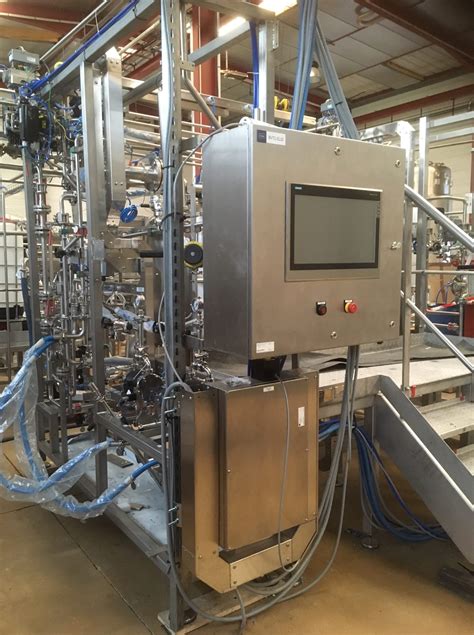
Factors to Consider When Choosing a Turn Key Assembly Partner
When selecting a turn key assembly partner, several critical factors should be taken into account to ensure the success of your manufacturing processes. First, evaluate their expertise in pcb assembly and pcba—it is essential that your partner possesses in-depth knowledge and experience in the specific assembly methods required for your products. Additionally, assess their production capabilities, including equipment quality and technology used in the assembly process. This evaluation will help to determine if they can meet your volume and timeline requirements effectively.
Furthermore, communication is paramount; an effective partner will maintain transparent communication channels throughout the project lifecycle. This includes understanding project milestones, addressing potential challenges proactively, and ensuring alignment with your goals. It is also advisable to examine their track record with previous clients—real-world examples of successful projects can provide insight into their reliability and performance.
Cost considerations should not be overlooked. A thorough analysis of pricing models can reveal potential savings while maintaining quality standards in turn key assembly solutions. Finally, consider your potential partner’s ability to adapt to future trends and technological advancements within the industry. A partner that is committed to continuous improvement and innovation can significantly enhance both efficiency and productivity within your operations. By carefully weighing these factors, you can select a turn key assembly partner that aligns with your business objectives and contributes positively to your overall success.
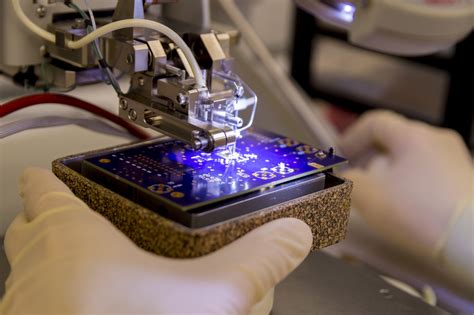
Future Trends in Turn Key Assembly Solutions
As the landscape of manufacturing evolves, the demand for turn key assembly solutions continues to grow. One significant future trend is the integration of advanced technologies such as automation and artificial intelligence to enhance pcb assembly processes. These developments aim to increase precision and reduce production times, which are crucial in an industry that increasingly requires rapid turnaround and high-quality output. Additionally, as more manufacturers adopt pcba practices, we can expect a shift towards more sustainable and environmentally friendly assembly solutions. Companies are increasingly focusing on reducing waste and improving energy efficiency throughout the manufacturing process. Another trend is the use of data analytics to monitor performance in real-time, allowing for immediate adjustments that can optimize efficiency and minimize downtime. By embracing these innovative approaches, businesses can further streamline their operations, resulting in improved productivity and competitiveness in the market. The convergence of these trends not only enhances the effectiveness of turn key assembly solutions but also sets a new standard for what manufacturers can achieve in today’s fast-paced environment.
Measuring the Impact of Turn Key Assembly on Productivity
The influence of turn key assembly on productivity in the manufacturing sector cannot be overstated. By adopting turn key assembly solutions, companies streamline their processes, leading to significant enhancements in efficiency. This approach effectively integrates various stages of production, reducing the time and resources necessary to bring a product to market. For instance, in the realm of pcb assembly, efficiency gains are often realized through reduced setup times and minimized handling of materials, which ultimately shortens production cycles and cuts overhead costs. When manufacturers utilize pcba solutions that incorporate turn key principles, they witness not only higher output but also improved quality control due to more consistent processes. Additionally, organizations can redirect their focus toward innovation and product development instead of getting bogged down by operational challenges. The cumulative effect is a faster response to market demands and customer needs, thereby yielding substantial competitive advantages in an ever-evolving landscape. By measuring productivity through various metrics influenced by turn key assembly, such as lead time reduction and output rates, organizations can gain insights into the true impact this approach has on their overall performance.
Conclusion
In conclusion, the utilization of turn key assembly solutions in manufacturing significantly contributes to enhanced operational efficiency and productivity. By adopting turn key assembly, companies can streamline their workflows, reducing the complexity often associated with traditional assembly methods. This not only leads to improved turnaround times but also facilitates better resource management. Moreover, the integration of innovative technologies such as pcb assembly and pcba processes within these solutions allows manufacturers to achieve higher precision and accuracy in their production lines. Additionally, as illustrated by various successful implementations across multiple sectors, organizations have reported considerable cost savings and increased output. As industries continue to evolve, those embracing turn key assembly methods are well-positioned to thrive in a competitive landscape while effectively meeting the demands of their clientele.
FAQs
What is turn key assembly?
Turn key assembly refers to a complete manufacturing process where the client receives a fully functional product, ready for use, with minimal input required. This method includes every step from design to production, particularly important in industries such as pcb assembly and pcba.
How does turn key assembly enhance efficiency?
By consolidating various stages of production into one seamless process, turn key assembly minimizes delays and removes redundancies. This is especially beneficial when dealing with complex products that require precise pcb assembly techniques.
What are the cost benefits of using turn key assembly solutions?
Companies often experience significant cost savings due to reduced labor requirements, streamlined supply chains, and lower overhead expenses. This efficiency translates into more competitive pricing for essential components like pcba, which can enhance market positioning.
Can you provide examples of industries that successfully implement turn key assembly?
Many sectors including electronics, automotive, and consumer goods leverage turn key assembly effectively. In electronics, the pcb assembly process allows companies to rapidly introduce new products while maintaining high-quality standards.
What factors should I consider when selecting a turn key assembly partner?
It’s essential to evaluate a partner’s expertise in your specific industry, their track record in successful implementations of processes like pcba, and their ability to provide comprehensive support throughout the production lifecycle.

